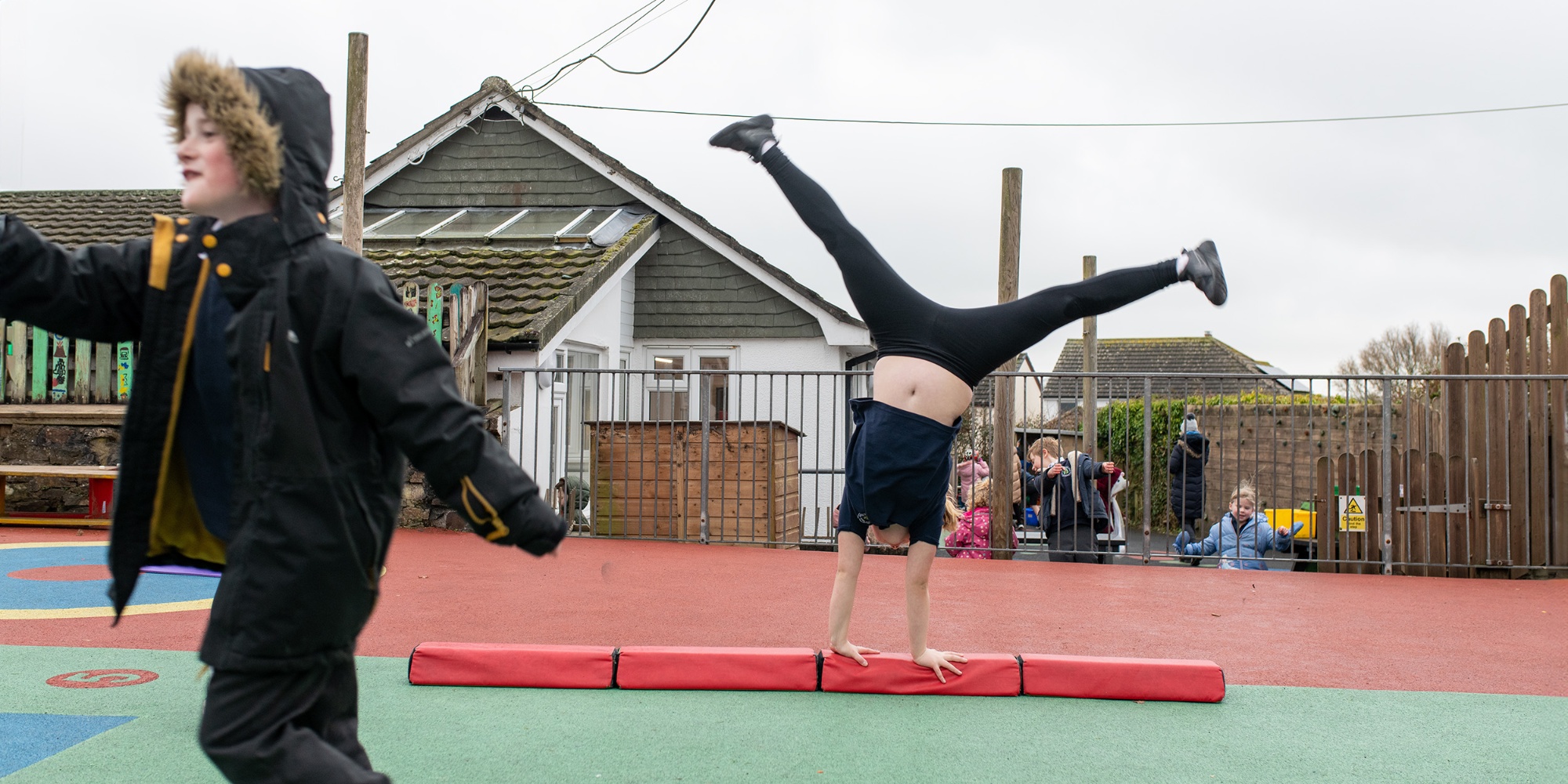Music
Horwood & Newton Tracey VISION FOR MUSIC
MUSIC GIVES A SOUL TO THE UNIVERSE, WINGS TO THE MIND, FLIGHT TO THE IMAGINATION AND LIFE TO EVERYTHING”.
Plato; Greek philosopher

VISION
Every child will leave Horwood & Newton Tracey with a solid foundation in musical skills and a love of music.
IMPACT
At Horwood & Newton Tracey, music is creative and enjoyable, as well as academic and demanding. Children will be taught a love and understanding of music through the following eight main strands;
- Performance
- Pulse and rhythm
- Singing
- Composition
- Notation
- Listening
- Music appreciation
- Significant people
IMPLEMENTATION
Teaching and Learning
All children receive an outstanding weekly music lesson; these lessons are either taught by a music specialist or heavily guided by one depending on age. All children are taught to play an instrument as part of their whole class music lesson for at least one term every year. Children are also taught to read musical staff notation.
Music teaching at Horwood & Newton Tracey also allows children to build their futures by preparing them for secondary school music - they are challenged to use notation and composition at a young age. The teaching of music helps to build children’s confidence through performance and the practical nature of the subject.
Singing
Singing is central to music in our school. It may be used as a warm-up to start the weekly music lesson or it may be integral to the topic. Children are taught singing in a weekly whole school singing assembly, with singing sometimes included in other assemblies throughout the week. Singing plays an important role in school events throughout the year including class performances in Celebration assembly, Christmas plays, Year 6 productions, Harvest festivals, Christmas concerts and Easter services. All children are welcome to join the school choir.
Performance opportunities and community links
Performance is an important aspect of being a musician. Regular sharing assemblies are held for children to perform in and we endeavour to take part in small and large scale performances within the wider community.
IMPACT
Children demonstrate their ability in music in a variety of different ways. The teacher assesses children’s work in music by making informal judgments as they observe them during lessons. Children are also encouraged to make judgments about how they can improve their own work. At the end of a unit of work, the teacher makes a summary judgment about the work of each pupil which is recorded on Arbor/IPads/the children’s online music portal and fed into end of year reports.
